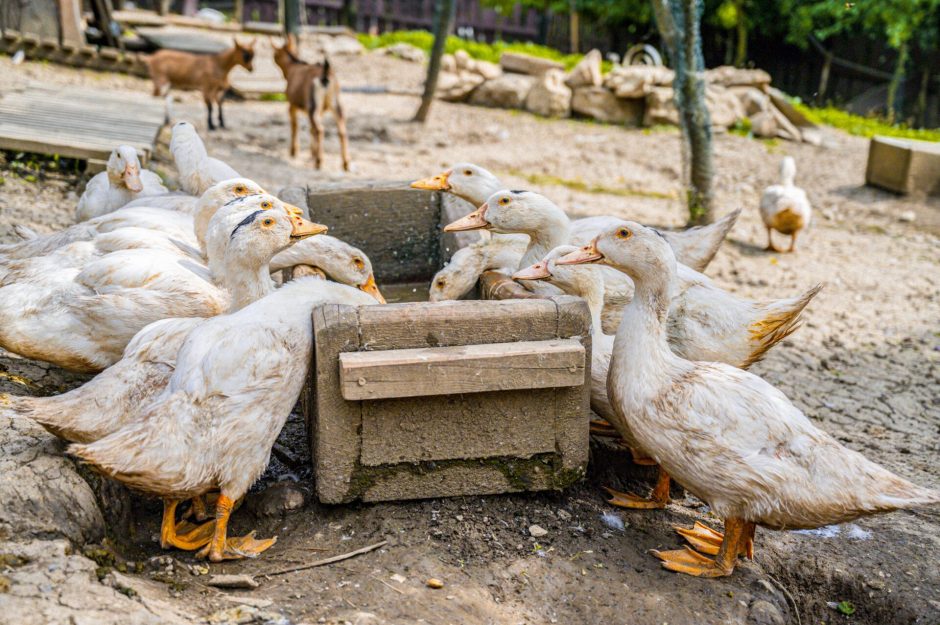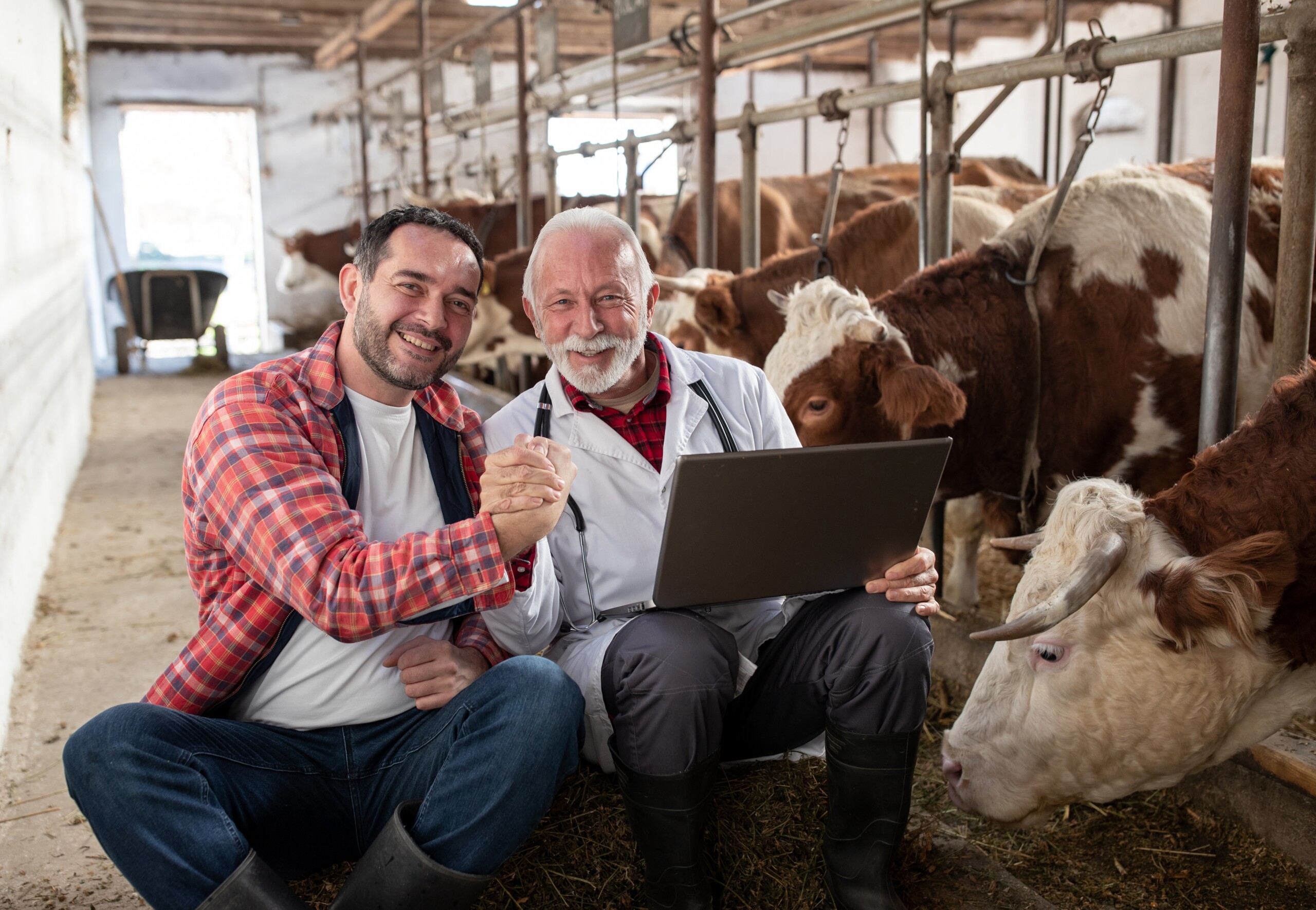



Public Private Partnerships (PPPs) bring public and private entities together through coordinated efforts, resource sharing, and innovation. They can address different challenges such as disease control and research through joint ventures and contractual arrangements.
The World Organisation for Animal Health (WOAH) has recently incorporated PPPs into its PVS Targeted Support programme to better support countries in developing partnership capacities of relevant public and private stakeholders with the aim to address specific animal health challenges. The programme helps pave the way to the development of an optimum PPP enabling environment.
In the Middle East region, PPPs are expected to have a promising role to exert the desired long-term impacts by promoting the engagement of public and private sectors in regional diverse initiatives and activities of the veterinary domain. However, to achieve this, a multitude of essential capacities need to be developed and maintained. This includes understanding the success-enabling factors, identifying the needs, and exploring the benefits and positive impacts desired. In addition, it is needed to determine the governance mechanisms and partnership type that could suit the intended business. Along with resource identification and PPP business case development, these are essential prerequisites and basic skills that must be acquired for fruitful PPP projects.
Within this context, several examples represent outstanding and vivid testimonies to the far-reaching impact that PPPs can attain in the development of the veterinary domain in the region. One of them is the creation of the International Horse Sports Confederation (IHSC), the first formal vehicle for cooperation between the world’s leading governing bodies for equestrian sport, representing the collective interests of the horse industry, with WOAH under a collaborative agreement. This partnership covers multiple joint activities associated with the international horse movement facilitation, as for instance building equine diseases diagnostic capabilities, encouraging the implementation of competition horses movement standards, among others. This represents a typical example that could be explored in the field of racing camels’ movement control by the Camel Middle East Network (CAMENT) as an extremely important traditional sport activity in the region.
Historically, PPPs have a very attractive track record in the Middle East represented by several successful achievements, such as increased foot and mouth disease vaccination coverage. At the occasion of the 90th General Session of the Organisation, the potential of PPP in the Middle East’s veterinary domain have been presented and discussed. With a track record of success, including increased vaccination coverage for foot and mouth disease, PPPs can play an essential role in addressing animal health challenges in the region.
More information:
The PVS Targeted Support (PVS TS) program provides tailored assistance to countries to implement the recommendations from the PVS Evaluation and Gap Analysis and strengthen their Veterinary Services. The PVS TS program aims to improve the National Veterinary Services’ capacity to prevent, detect, and respond to animal diseases. It also aims to enhance animal product safety and quality. The program is based on a country-led approach and involves collaboration between WOAH, the country, and other relevant stakeholders.

